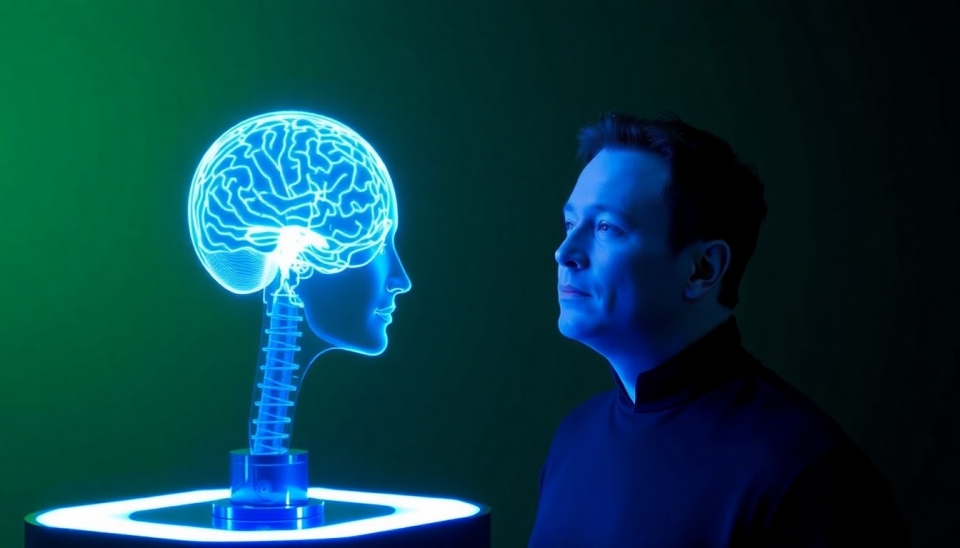
In a significant leap for neurotechnology, Elon Musk’s company Neuralink has initiated a pioneering study focusing on a mind-controlled robotic arm. This innovative project aims to explore the potential of merging human cognition with advanced robotic technology, offering unprecedented possibilities for patients with mobility impairments.
The study, which is being conducted at a select number of academic medical centers, will involve participants who have experienced paralysis due to spinal cord injuries or neurological conditions. By implanting Neuralink's interfacing devices into the participants’ brains, the researchers aim to enable them to control a highly sophisticated robotic arm through mere thought processes.
The implications of this study are profound, potentially transforming the lives of those who have lost the ability to move their limbs. The robotic arm is designed with a range of functionalities that could allow users to perform everyday tasks, from picking up objects to more nuanced movements like playing a musical instrument. These achievements could dramatically enhance the quality of life for individuals with severe mobility challenges.
Musk has consistently emphasized his vision for Neuralink as a transformative technology that goes beyond mere convenience. He views it as a crucial step towards ensuring that humans remain relevant in an increasingly automated future, where collaboration with machines becomes essential. By equipping individuals with the ability to control robotic limbs, Musk believes that the gap between humans and machines can be narrowed, facilitating a new era of human-machine interaction.
The technology relies on sophisticated advancements in neural decoding, which allows for the interpretation of brain signals. Neuralink’s devices, which are smaller than a coin, will be implanted with precision through a robotic surgical system, minimizing risk and promoting quicker recovery times for participants.
Despite its ambitious goals, Neuralink's study is not without skepticism. Experts in the fields of neurology and robotics have raised questions regarding the ethical considerations, safety protocols, and long-term implications of implanting devices into the human brain. The robustness of data privacy measures is another aspect that warrants careful attention as the study unfolds.
The launch of this study reflects Neuralink's ongoing commitment to advancing technologies that could someday revolutionize the medical field and the way we interact with technology. As Neuralink progresses toward clinical trials, the world watches closely, anticipating the outcomes that could not only change individual lives but potentially redefine human capabilities.
As the journey unfolds, both supporters and critics await the results of what could potentially be a landmark achievement in both neuroscience and robotics.
#Neuralink #ElonMusk #RoboticArm #Neurotechnology #MindControl #MedicalInnovation #FutureOfMedicine
Author: Liam Carter




